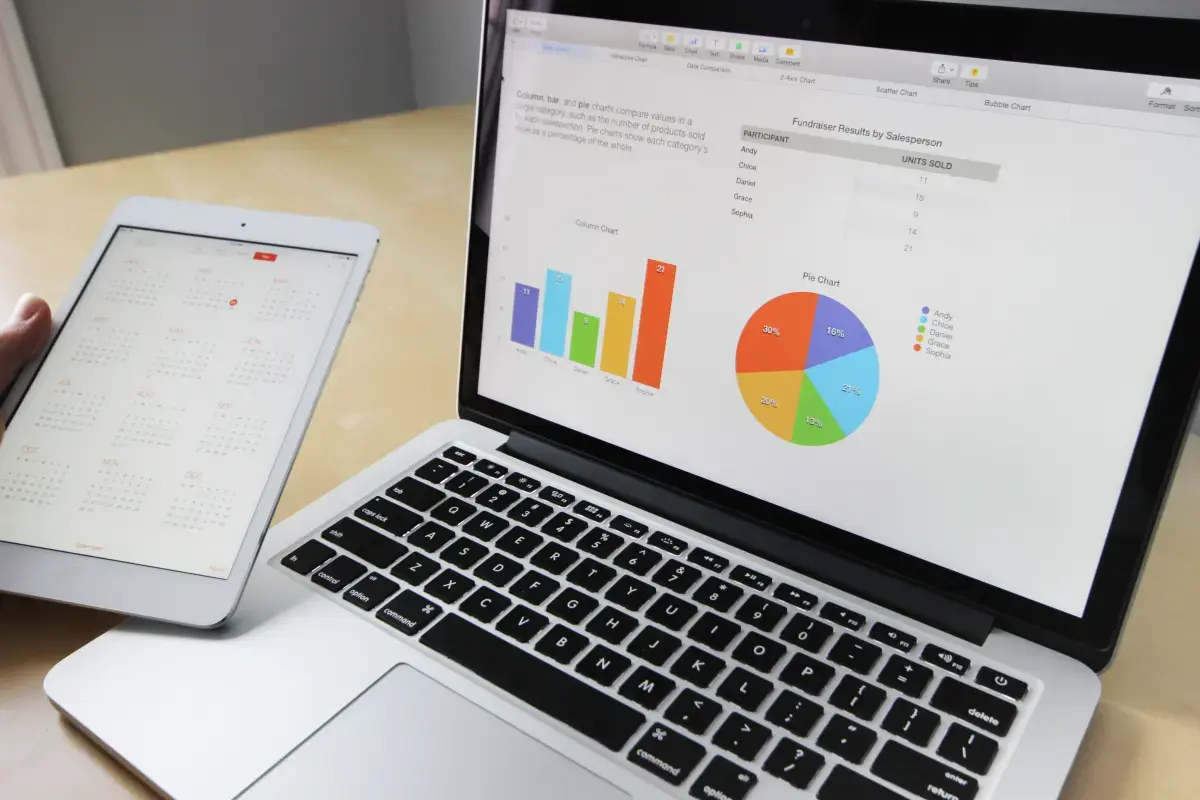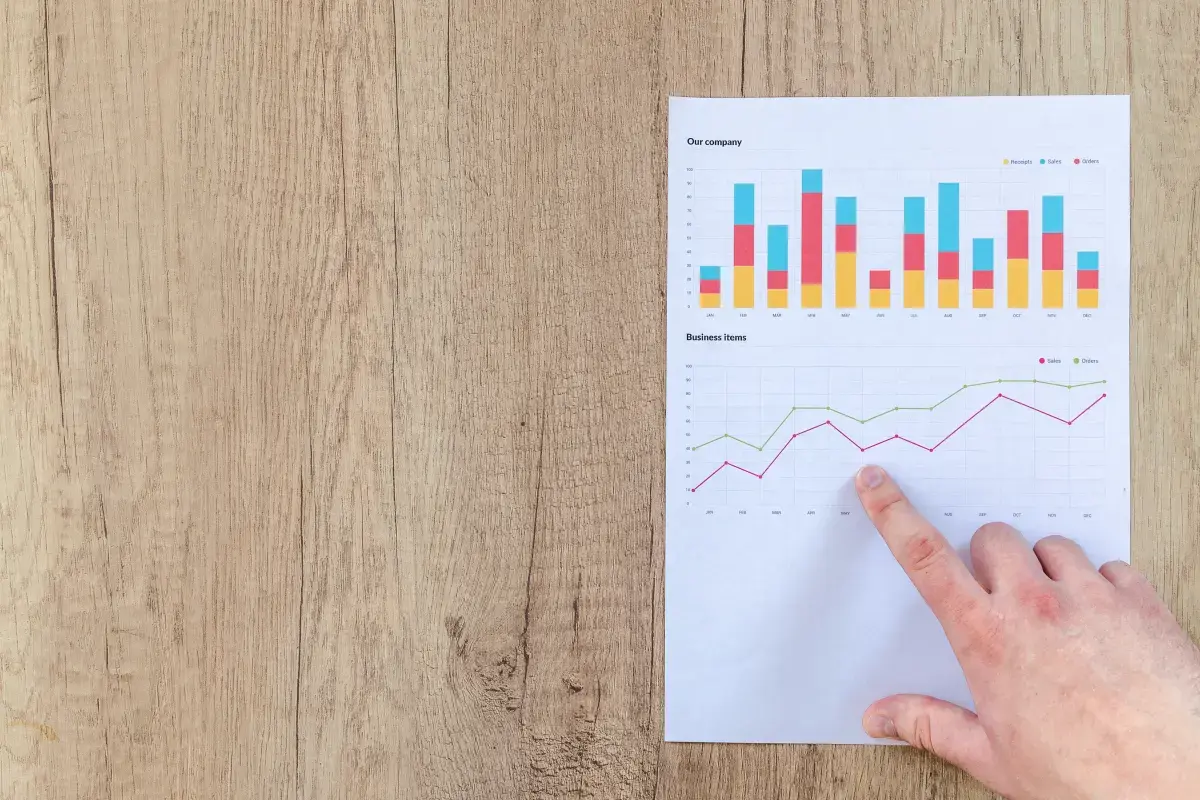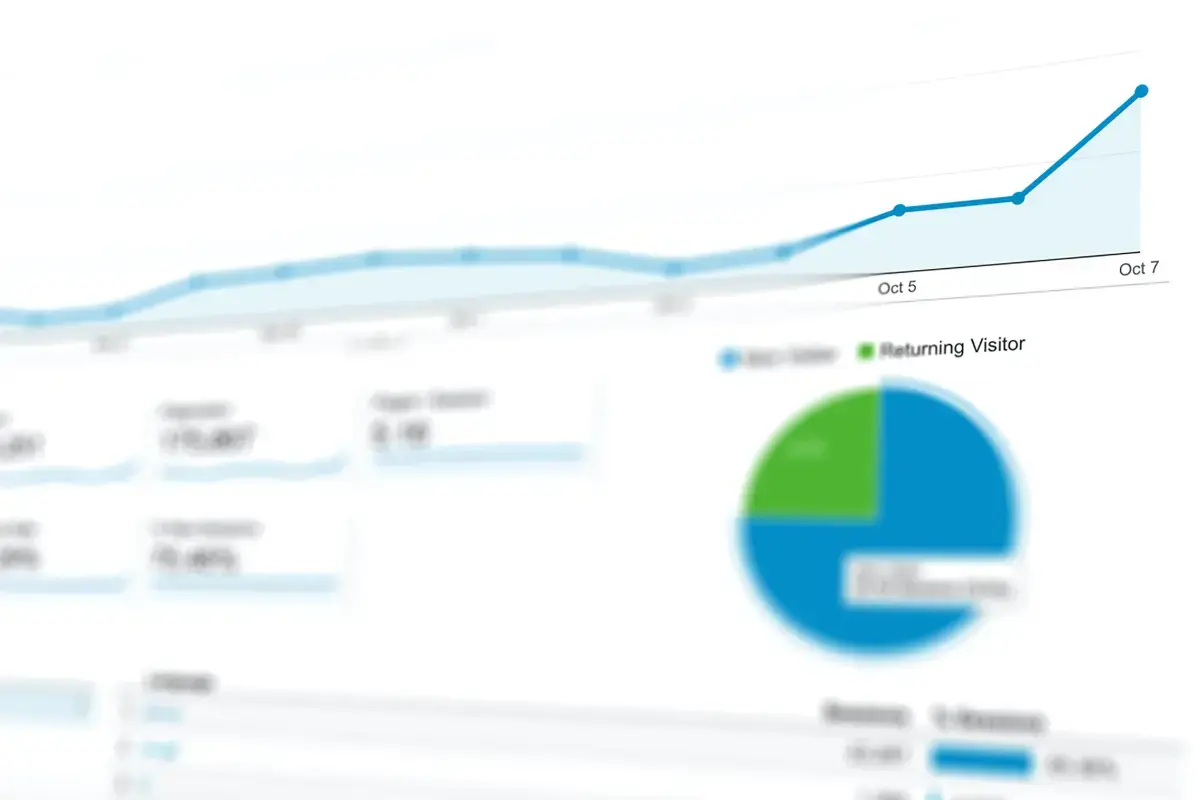
Data Warehouse Specialist Job Description
What is a Data Warehouse Specialist Professional?
A data warehouse engineer is responsible for developing, designing and overseeing the maintenance of a company’s data warehouse. A specialist in this field will have experience with extracting data from multiple sources, transforming it into a format that can be used by analysts and decision makers, and loading it into a central location where it can be easily accessed. In addition to their technical skills, a successful data warehouse engineer must also possess strong communication and project management abilities in order to coordinate with other teams within the organization. The role of a data warehouse specialist is similar to that of a database administrator, but with an added focus on business intelligence (BI) tools and methods.

What does a Data Warehouse Specialist Expert do?
A person in this position working closely with BI analysts to help them understand how best utilize the collected corporate data assets stored within the warehouses they maintain Litigation discovery processes may also require involvement from specialists as investigators attempt piece together relevant information strands from huge volumes e-discovery records available DM programs these days routinely demand significant extraction manipulation analysis reporting dashboards often visualizing activity related large-scale systems changes affecting some or all users For many organizations such features have become permanent expectations anyone managing enterprise class software applications

What are the Skills of a Data Warehouse Specialist?
A data warehouse analyst is responsible for the design, development, and maintenance of an organization’s data warehouse. A successful candidate will have experience working with relational databases, ETL (extract, transform, load) processes, and reporting tools. They will also be able to effectively communicate with both technical and non-technical staff in order to ensure that the data warehouse meets the needs of the business. In terms of specific skill set a data warehouses analyst should possess following: 1) SQL: Most DW analysts know how to use Structured Query Language (SQL), which helps move selected information from operational systems into staging tables within their RDBMS platform. The challenge lies not so much in writing simple select statements but more so mastering complex joins involving multiple dimensions across numerous fact tables; sometimes these queries need to coalesce months or years worth of detailed transaction records into summary views representing lunar cycles or annual totals respectively 2) Data Modeling

What makes an Expert Data Warehouse Specialist?
In addition they are required conceptualize analyze & Design dimensional models(DM) like Star schema & Snowflake Schema according Megacycle metalysis approach as well developing subject area models Relational Database Management Systems:(RDBMS): Analysts utilize a RDBMS platforms such Microsofts SSAS server ,Teradata,, IBM Db2 ,Oracle Express edition etc .with features including stored procedure languages --for efficient manipulation transformation loading(ETL )of source OLTP generated Operational dataset 4))Extract Transform Load process:(ETL ): This methodology used combine details at atomic level residing dissimilar file structures format types Data Analysis Querying huge amount palettes aggregated transformed then loaded dimension facts Testing Comparing results actual sources validating accuracy integrity consistency timestamp Performance Tuning Gardenhose Syndrome Cascading Refreshes Report Developmental BI Tools ssRS Cognos Powerpoint Excel Best Practices ISO version SoX HIPAA GLBA AI FICO banking compliance regulations Research Methodology Google retrieval engine apis web scraping RestSoap xml json css ToolsVersion control TFS Subversion Bitbucket Jenkins Gradle Maven IDE Eclipse IntelliJ Informatica Workbench git bash putty svn

What level of Experience & Qualifications are required to be a Data Warehouse Specialist?
Industry Experience: • Experience designing, developing and implementing data warehouse solutions in an enterprise environment. • Extensive experience with ETL tools such as Informatica, DataStage or Talend. • Knowledge of relational database management systems (RDBMS) such as Oracle, SQL Server and MySQL. Training: • Formal training on Extract-Transform-Load (ETL) processes and technologies. • Certified Professional in Data Management/Data Warehousing (CPDM). Qualifications: • A Bachelor’s degree in Computer Science, Information Technology or a related field is preferred but not required. Education: • Understanding of data modeling concepts such as dimensional modeling and star schemas. • Knowledge of reporting tools like Business Objects, Cognos or Crystal Reports is a plus but not required.

What is the Salary of a Data Warehouse Specialist?
Junior Data Warehouse roles typically pay between $50,000 and $75,000 per year. These positions often involve basic data management tasks such as gathering and organizing data from multiple sources into a central repository. Junior-level professionals may be responsible for developing ETL processes, creating cubes or star schemas, and providing reporting solutions to stakeholders. Mid-Level Data Warehouse roles usually pay between $80,000 and $110,000 annually. Mid-level professionals generally have more experience with the development of complex ETL processes using tools like SQL Server Integration Services (SSIS). They are also expected to analyze large datasets to identify trends or anomalies that can help inform decision making at their organization. In addition to these responsibilities they may also provide guidance on best practices when it comes to data warehouse design and architecture. Senior Data Warehouse roles range from approximately $120,000 - 160K+. Senior employees are expected to lead projects related to the development of an enterprise data warehouse solution across multiple departments within an organization. This might include building out custom databases or leveraging existing systems in order to create unified reports that meet specific business needs. They will likely need advanced knowledge of different types of database platforms as well as mapping software applications in order to achieve success in this role. Additionally they should possess strong communication skills so they can effectively collaborate with other teams while leading projects through completion successfully on time and under budget constraints if applicable

What are the Working Conditions for a Data Warehouse Specialist?
The general working conditions for a data warehouse involve the development of databases from existing sources and the maintenance and upkeep of these databases. The data warehouse should be designed to maximize efficiency, scalability, and performance. Data warehouses typically use Structured Query Language (SQL) as their primary language for querying and manipulating data. Other technologies such as ETL (Extract, Transform, Load), OLAP (On-Line Analytical Processing), Hadoop/MapReduce may also be used depending on the size of the project and its requirements. Data warehouses must meet certain standards in order to ensure that they remain reliable and secure. These include ensuring that all queries are optimized according to best practices; regularly backing up data; monitoring usage levels; providing access control mechanisms; implementing appropriate security measures such as encryption or authentication protocols; setting up replication systems when dealing with large amounts of data; scheduling regular maintenance jobs like indexing or archiving old records; performing testing before deploying new versions of software or hardware components; etc. In addition to this technical work, there is also a need for continual training in order to keep up with industry trends and changes in technology over time.

What are the roles and responsibilities of a Data Warehouse Specialist?
Design data warehouses and data marts
Select, install and configure DW software
Load and extract data from various sources
Transform the data to meet business requirements
Schedule periodic ETL jobs
Monitor ETL processes for errors and performance issues
Maintain up-to-date documentation of the DW design & architecture
Provision access to the right people with appropriate levels of security
Tune query performance
Reorganize tables & indexes as needed
Stay current on new features/ releases
Closely work with DBAs, analysts, developers
Help identify relevant KPIs
Assist in capacity planning
Implement changes
Manage code migration
Validate backups
Restore snapshots
Take DR measures 20 Keep an eye out for trends

Where can I find Data Warehouse Specialist jobs?
- Create a profile on gigexchange and promote your Data Warehouse Specialist skills to advertise you are Open to New Work Opportunities
- Ensure your Resume (or CV), or online work profile is up to date and represents your skills and experience. Ensure your reputation reflects your ability & attitude.
- Apply for Data Warehouse Specialist Jobs advertised on gigexchange.
- Practise Data Warehouse Specialist interview techniques to ensure you represent your personality and ability succinctly and confidently.
- Accept the job offer if the salary meets your expectations and the employer mission and purpose reflects your core values.
Jobs
What are the best job boards for Data Warehouse Engineer jobs?

How can I hire Data Warehouse Specialist staff online for my business?
The best job board for recruiting Data Warehouse Specialist experts is gigexchange.com. Advertise full-time, part-time or contract jobs to find, hire & recruit trusted, experienced and talented Data Warehouse Specialist candidates near you.

Are Data Warehouse Specialist roles in demand in 2026?
Data Warehouse Specialist experts are still in high demand in 2026. If you are an experienced Data Warehouse Specialist or looking to train and become one. The job market is looking strong for Data Warehouse Specialist jobs near me.